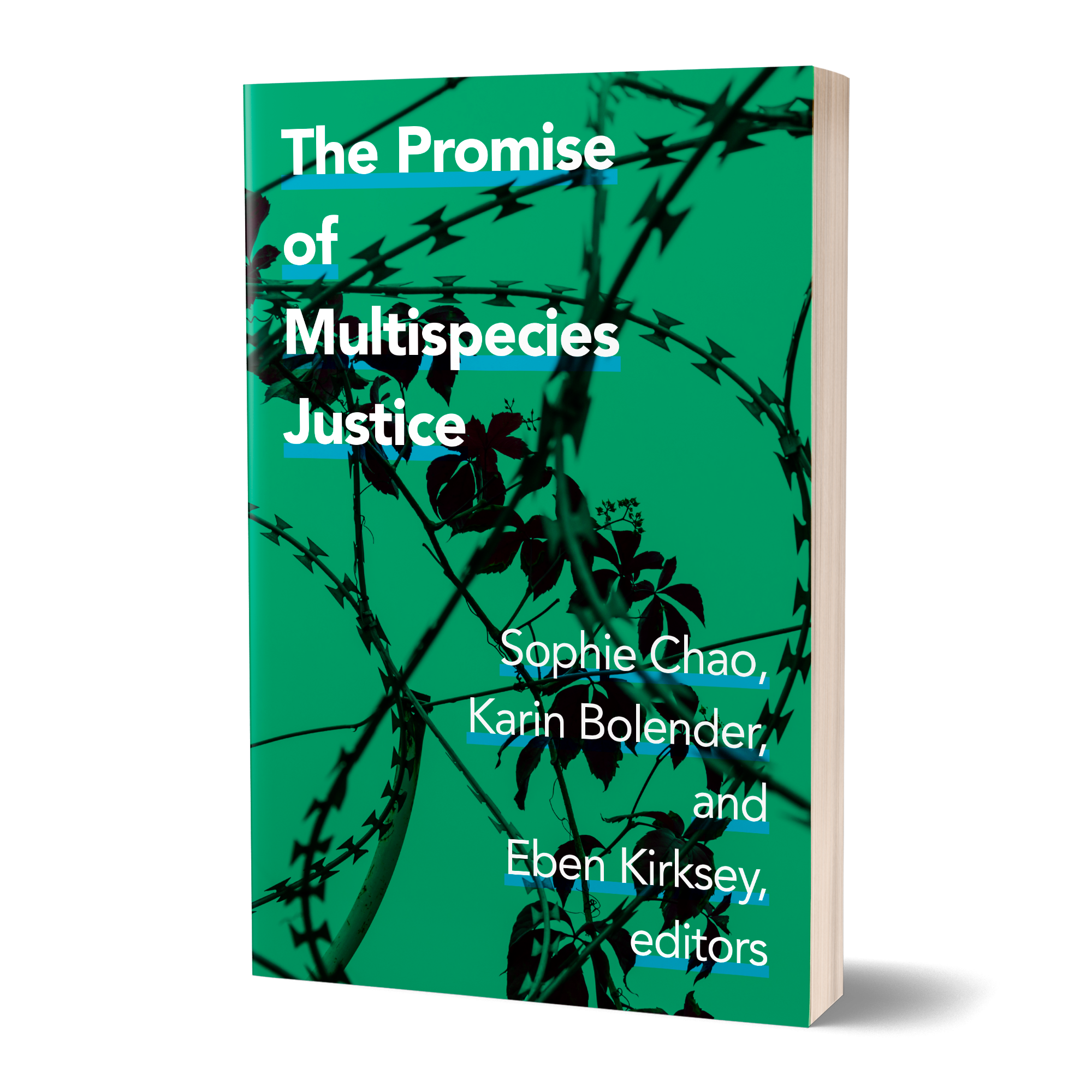
Karin Bolender
Karin Bolender (aka K-Haw Hart) is an interdisciplinary artist-researcher and founder of an experimental ecological-art collective known as the Rural Alchemy Workshop (R.A.W.).
Full Bio
Karin Bolender (aka K-Haw Hart) is an interdisciplinary artist-researcher and founder of an experimental ecological-art collective known as the Rural Alchemy Workshop (R.A.W.). R.A.W. projects seek to cocompose “untold” stories with/in shadowy (agri)cultural meshes of mammals, plants, microbes, insects, and elusive others through expanded practices in performance, writing, video/sound, and book arts. In the fall of 2020, punctum/3Ecologies published The Unnaming of Aliass. Across contemporary ecological art and environmental humanities, Bolender interweaves experimental creative practices with insights and energies from intersecting academic, activist, and other fields of inquiry. She is an Andrew W. Mellon Postdoctoral Fellow at the Center for Environmental Futures, University of Oregon.
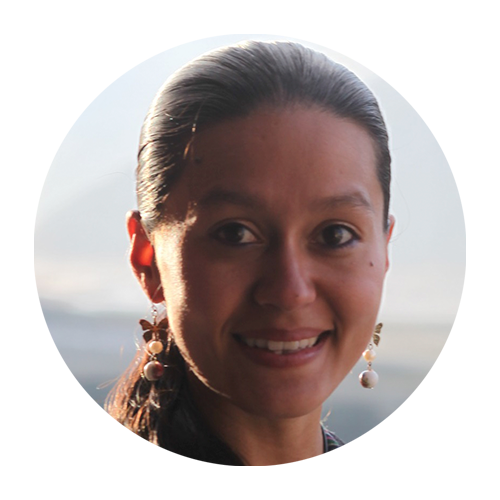
Sophie Chao
Sophie Chao is a Discovery Early Career Researcher Award (DECRA) Fellow and Lecturer at the Department of Anthropology, University of Sydney.
Full Bio
Sophie Chao is a Discovery Early Career Researcher Award (DECRA) Fellow and Lecturer at the Department of Anthropology, University of Sydney. Her anthropological and interdisciplinary research explores the intersections of capitalism, ecology, Indigeneity, health, and justice in the Pacific. Chao previously worked for the international human rights organization Forest Peoples Programme in Indonesia and the United Kingdom. Her book, In the Shadow of the Palms: More-Than-Human Becomings in West Papua, was published by Duke University Press in June 2022. For more information, please visit www.morethanhumanworlds.com/.

M. L. Clark
M. L. Clark is a Canadian speculative-fiction writer now based in Medellín, Colombia.
Full Bio
M. L. Clark is a Canadian speculative-fiction writer now based in Medellín, Colombia. After studying literary histories of science at a doctoral level, Clark left all-but-defense and decided to emigrate. Clark now publishes science fiction with an express focus on social-contract theory and the search for better justices. Her work has featured in the science fiction magazines Analog Science Fiction and Clarkesworld, and her first novel is moving through the industry pipeline with Fantasy&ScienceFiction. Clark also produces humanist columns, essays, and podcasts for the largest dedicated website for secular discourse, OnlySky, under the title “Global Humanist Shoptalk.”

Radhika Govindrajan
Radhika Govindrajan is a cultural anthropologist based at the University of Washington.
Full Bio
Radhika Govindrajan is a cultural anthropologist based at the University of Washington who works across the fields of multispecies ethnography, environmental anthropology, the anthropology of religion, South Asian studies, and political anthropology. Govindrajan’s first book, Animal Intimacies (2018), is an ethnography of multispecies relatedness in the Central Himalayan state of Uttarakhand in India. It was awarded the 2017 American Institute of Indian Studies Edward Cameron Dimock Prize in the Indian Humanities and the 2019 Gregory Bateson Prize, by the Society for Cultural Anthropology.
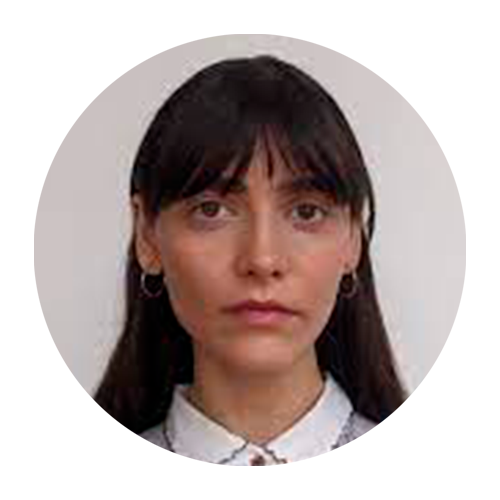
Zsuzsanna Dominika Ihar
Zsuzsanna Dominika Ihar is a PhD candidate and Gates scholar at the University of Cambridge, United Kingdom.
Full Bio
Zsuzsanna Dominika Ihar is a PhD candidate and Gates scholar at the University of Cambridge, United Kingdom. Her interdisciplinary research examines the transformation of former extraction zones, as well as the futures imagined by various stakeholders as oil reservoirs empty and the finitude of petroleum becomes increasingly palpable. She is particularly interested in the uptake of remediation, decontamination, as well as renaturalization technologies by the state, and the way in which these processes shape human and more-than-human relations. Her most recent project traces the historical convergence between militarization and agricultural development.
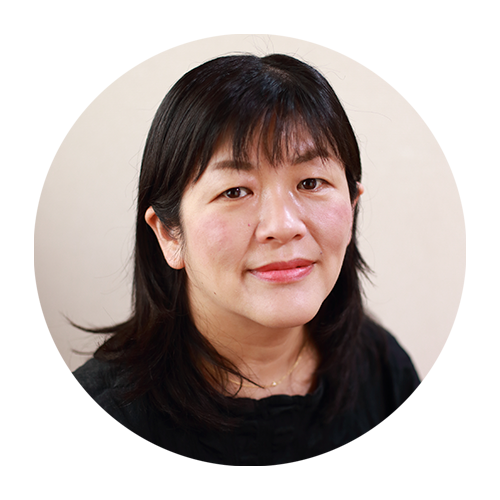
Noriko Ishiyama
Noriko Ishiyama is a geographer based at the School of Political Science and Economics and Graduate School of Humanities at Meiji University, Japan.
Full Bio
Noriko Ishiyama is a geographer based at the School of Political Science and Economics and Graduate School of Humanities at Meiji University, Japan. She has worked on projects focused mainly on environmental justice, American-Indian tribes, US militarism, nuclear development, and settler colonialism. Ishiyama’s second book in Japanese is entitled Giseikuiki no America: Kakukaihatsu to Senjuminzoku (America as “Sacrifice Zones”: Nuclear Development and Indigenous Peoples [2020]). It was awarded the Kawai Hayao Prize for Social Sciences and Humanities in 2021.
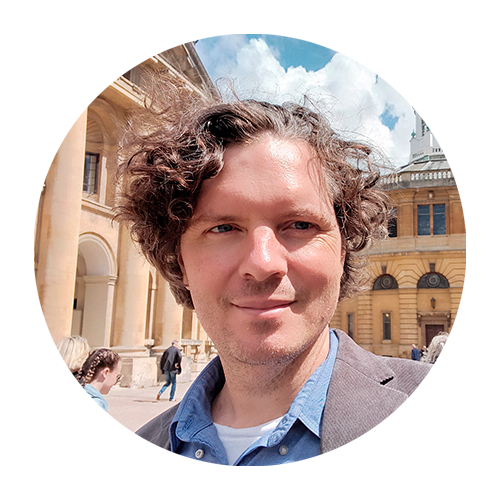
Eben Kirksey
Eben Kirksey is an American anthropologist who specializes on science and justice.
Full Bio
Eben Kirksey is an American anthropologist who specializes on science and justice. Duke University Press has published his first two books—Freedom in Entangled Worlds (2012) and Emergent Ecologies (2015)—as well as one edited collection: The Multispecies Salon (2014). Kirksey’s latest book, The Mutant Project (2020), chronicles how profit-driven medical enterprises are pushing CRISPR gene editing into reproductive clinics.

Elizabeth Lara
Elizabeth Lara is a doctoral candidate at Deakin University.
Full Bio
Elizabeth Lara is a doctoral candidate at Deakin University. Her work builds on previous research about the gardens of Alcatraz Island, focusing more broadly on gardens in both current and former sites of incarceration throughout California. By examining relationships among contemporary prisons and the unfinished aftermaths of carceral heritage sites, Lara’s work foregrounds common threads linking settler colonialism, migrant detention, mass incarceration, and border militarization. Her work is concerned with interfaces of carceral and abolition geographies, experiences of garden labor, social memory, and what it means to approach today’s prisons as future heritage.
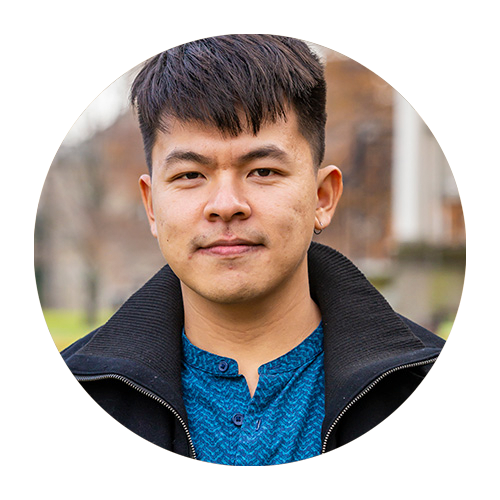
Jia Hui Lee
Jia Hui Lee is a Postdoctoral Fellow in the John B. Hurford ’60 Center for the Arts and Humanities and Visiting Assistant Professor of Anthropology at Haverford College.
Full Bio
Jia Hui Lee is a Postdoctoral Fellow in the John B. Hurford ’60 Center for the Arts and Humanities and Visiting Assistant Professor of Anthropology at Haverford College. His book project is a historically informed ethnography of human-rodent encounters in zoological research, animal training, and pest management schemes in Tanzania. Lee’s research explores how more-than-human encounters in East Africa are crucial sites for generating theories and critiques that offer a counterhumanist vision of being “human” in the twenty-first century.
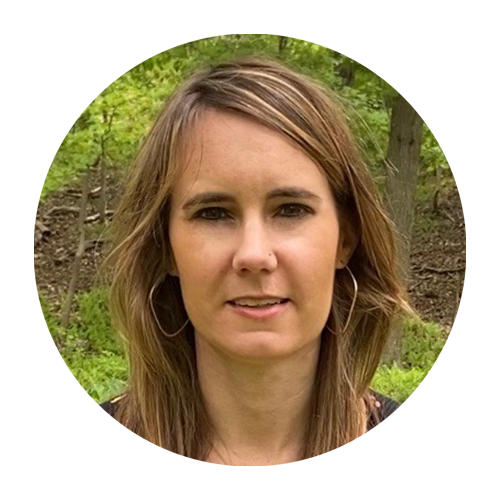
Kristina Lyons
Kristina Lyons is an anthropologist based at the University of Pennsylvania and is also affiliated with the Penn Program in Environmental Humanities.
Full Bio
Kristina Lyons is an anthropologist based at the University of Pennsylvania and is also affiliated with the Penn Program in Environmental Humanities. Her current research is situated at the interfaces of socioecological conflicts, legal anthropology, and science studies in Colombia. Lyons’s first book, Vital Decomposition: Soil Practitioners and Life Politics (Duke University Press, 2020), is an ethnography of human-soil relations that points to alternative frameworks for living and dying under conditions of armed conflict. It was awarded honorable mention for the 2021 Bryce Wood Book Award of the Latin American Studies Association. For more information, please visit www.kristinalyons.com/.
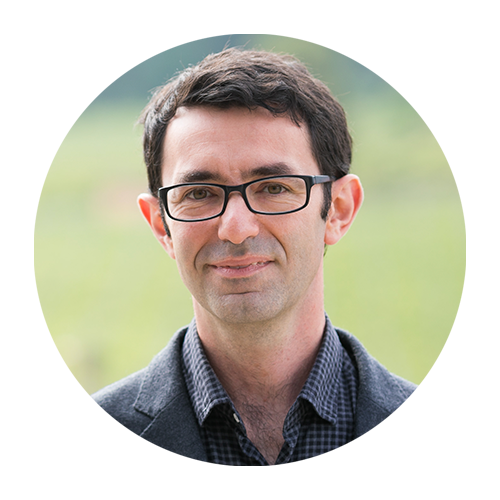
Michael Marder
Michael Marder is Ikerbasque Research Professor in the Department of Philosophy at the University of the Basque Country (UPV-EHU), Vitoria-Gasteiz, Spain.
Full Bio
Michael Marder is Ikerbasque Research Professor in the Department of Philosophy at the University of the Basque Country (UPV-EHU), Vitoria-Gasteiz, Spain. His writings span the fields of phenomenology, political thought, and environmental philosophy. He is the author of numerous scientific articles and eighteen monographs, including Plant-Thinking (2013); The Philosopher’s Plant (2014); Pyropolitics (2015), Dust (2016), Energy Dreams (2017), Political Categories (2019), Dump Philosophy (2020), Hegel’s Energy (2021), and Green Mass (2021), among others. For more information, consult his website michaelmarder.org/.
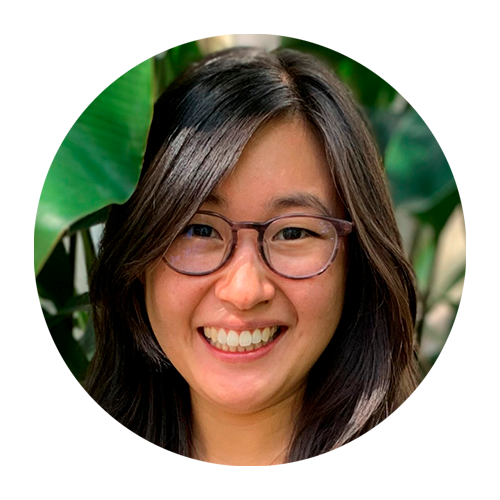
Alyssa Paredes
Alyssa Paredes is Assistant Professor of Anthropology at the University of Michigan, Ann Arbor.
Full Bio
Alyssa Paredes is Assistant Professor of Anthropology at the University of Michigan, Ann Arbor. Her research concerns the human, environmental, and metabolic infrastructures of transnational trade between the Philippines and Japan. Her first book project, preliminarily titled Bananapocalypse: Plantation Commodities and the Conceit of Ecological Externality, identifies the conventions of crop science, agrochemical regulation, market segmentation techniques, and food standards as arenas where actors contend over the commodity chain’s production calculus. Paredes’s work has appeared in Ethnos, Journal of Political Ecology, and Feral Atlas: The More-than-Human Anthropocene, as well as in the Japanese-language volume 甘いバナナの苦い現実 (The Bitter Reality of Sweet Bananas).
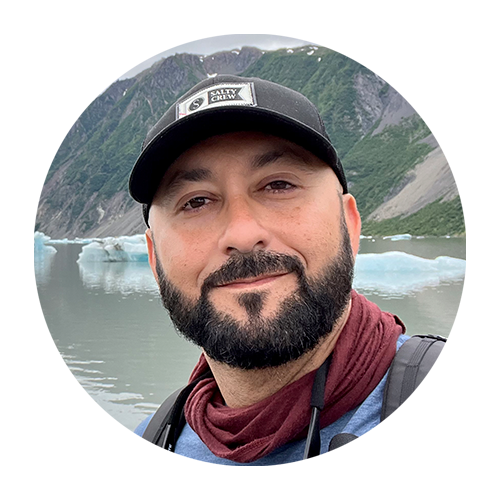
Craig Santos Perez
Craig Santos Perez is a native Chamoru (Chamorro) from the Pacific Island of Guåhan (Guam).
Full Bio
Craig Santos Perez is a native Chamoru (Chamorro) from the Pacific Island of Guåhan (Guam). He is the author of five books of poetry and the coeditor of five anthologies. He has received fellowships from the Ford Foundation, the Lannan Foundation, the Mellon Foundation, and the American Council of Learned Societies. He is a professor in the English department at the University of Hawaiʻi at Mānoa and an affiliate faculty with the Center for Pacific Islands Studies and the Indigenous Politics Program.
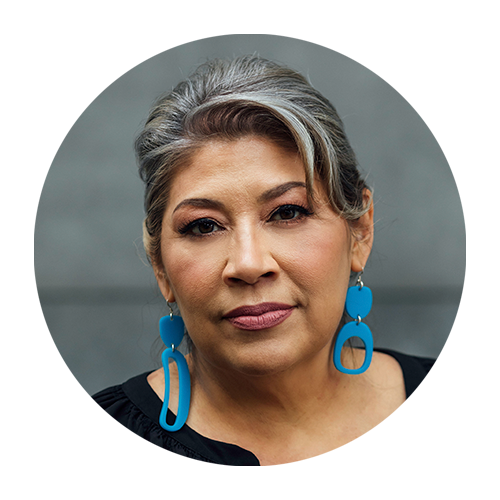
Kim TallBear
Kim TallBear, Professor, Faculty of Native Studies, University of Alberta, is Canada Research Chair in Indigenous Peoples, Technoscience and Society.
Full Bio
Kim TallBear, Professor, Faculty of Native Studies, University of Alberta, is Canada Research Chair in Indigenous Peoples, Technoscience and Society. TallBear is the author of Native American DNA: Tribal Belonging and the False Promise of Genetic Science. Building on her research on the role of technoscience in settler colonialism, TallBear also studies the colonization of Indigenous sexuality. She is a regular panelist on the weekly podcast, Media Indigena. TallBear is a citizen of the Sisseton-Wahpeton Oyate in South Dakota.

